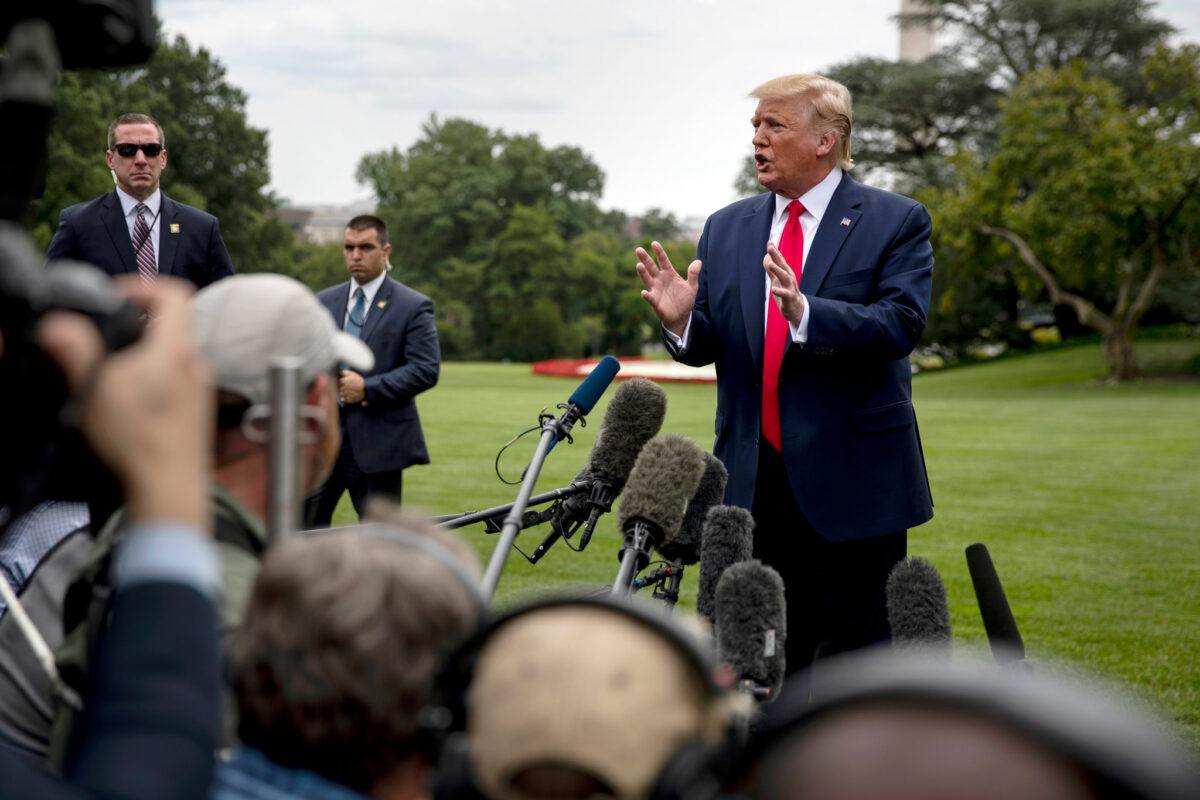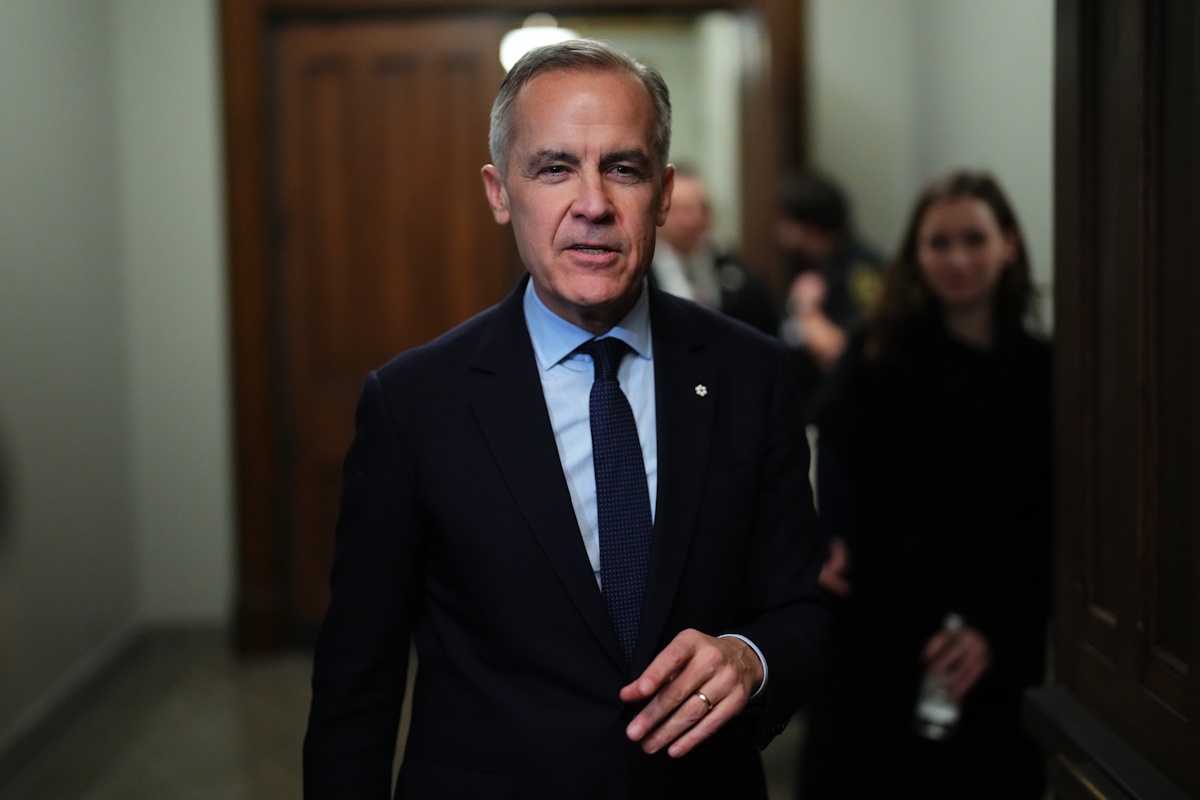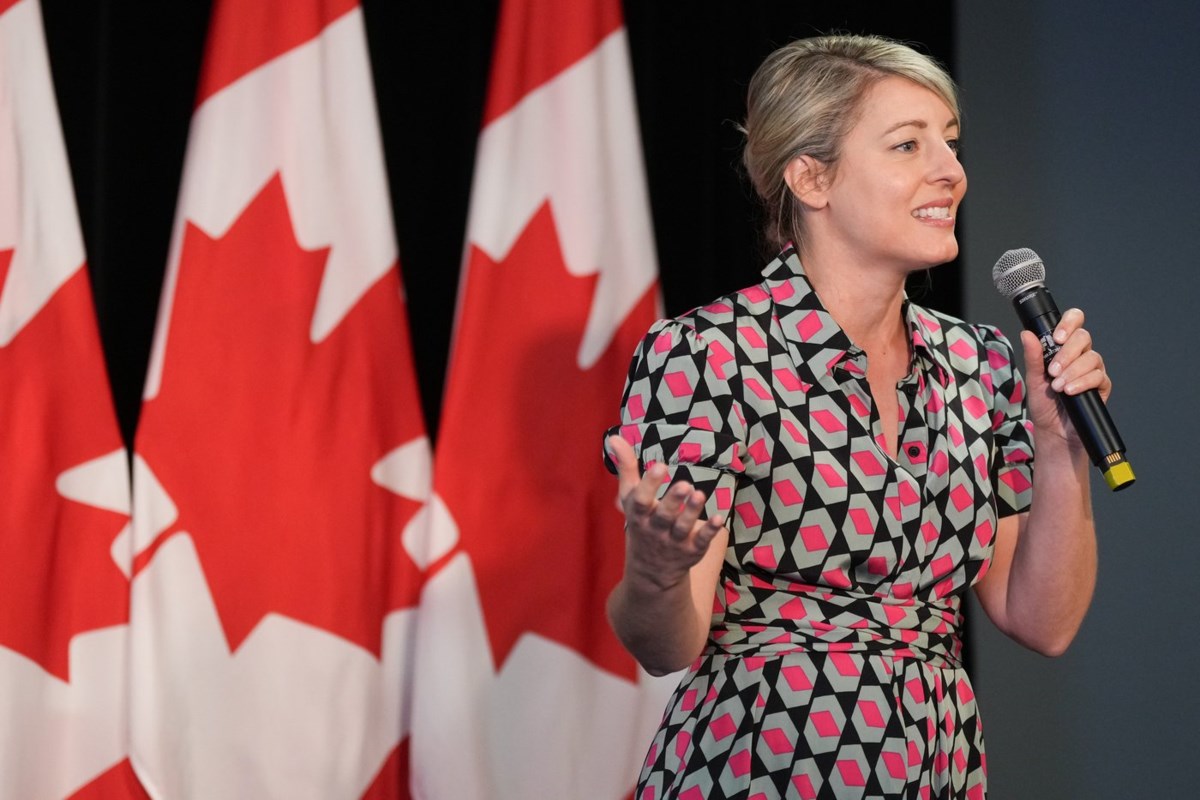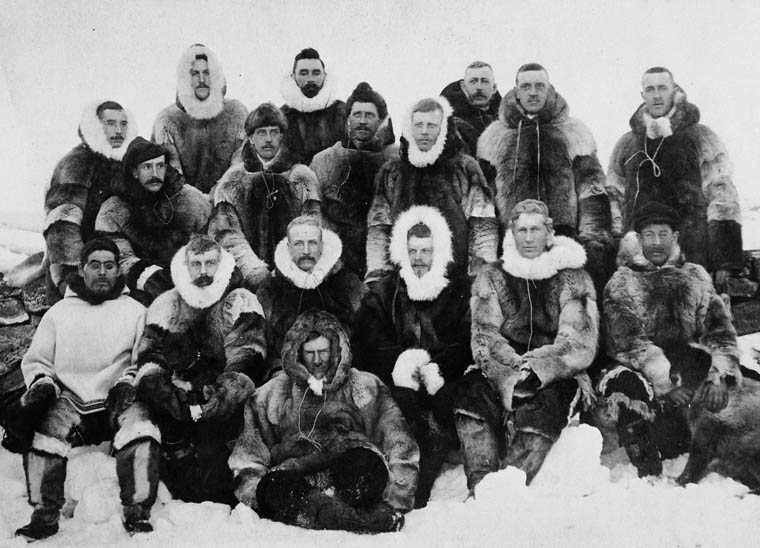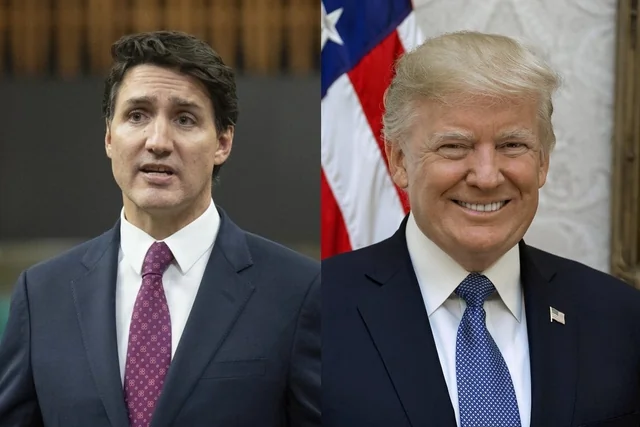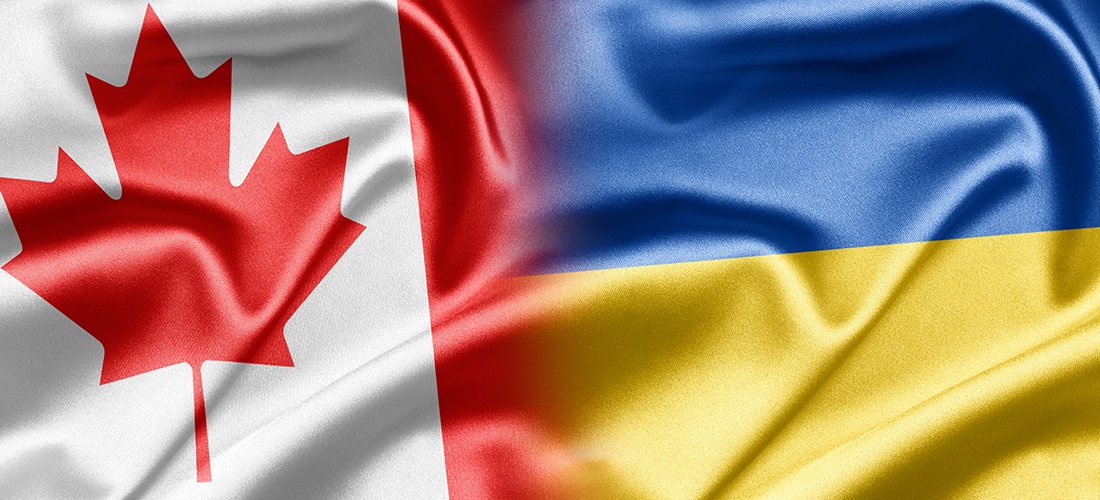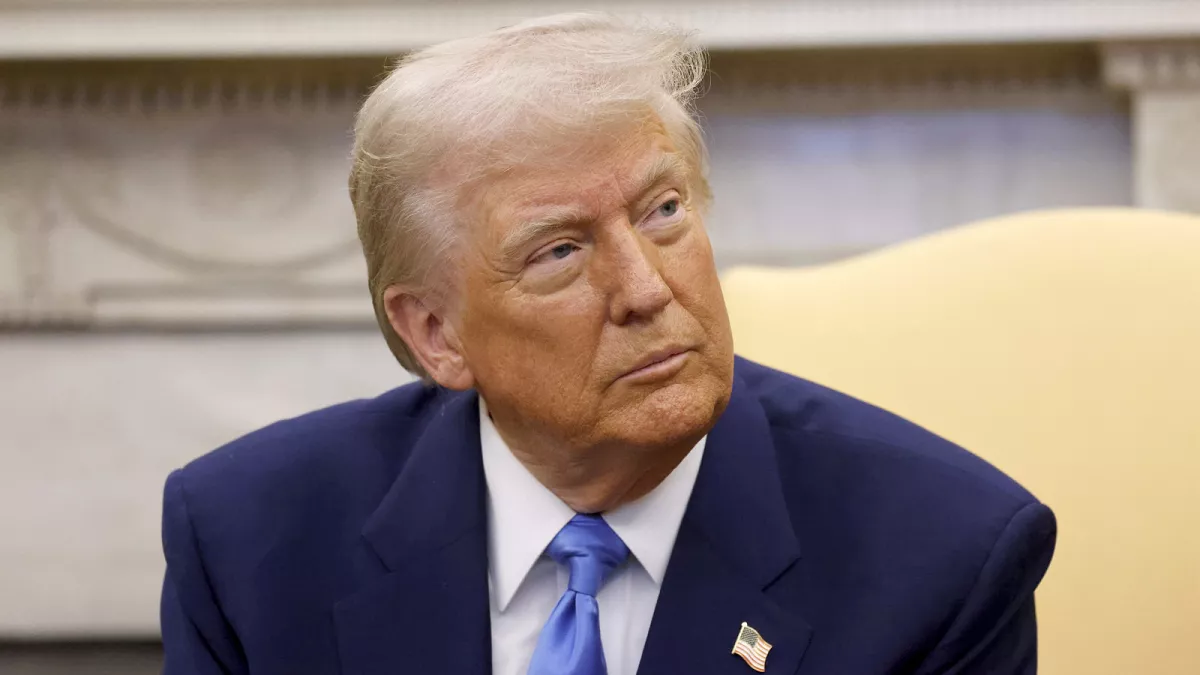Canadian and American soldiers fought side by side and shared the same hardships in Afghanistan, enduring significant losses and sacrifices. For this reason, many Canadian veterans feel deeply disillusioned—almost betrayed—by the Trump administration’s rhetoric and treatment of Canada, as well as its stance toward other allies, including Ukraine.
A meme circulating online captures the sentiment: it features a photo of troops standing before the maple leaf monument at Ma’sum Ghar, the Canadian base in Kandahar, with a caption that reads, “We went because you were attacked. We didn’t ask for your thanks. Neither did 158 of us who died for you.”
This statement reflects the deeply held belief among Canadian veterans that they fought and died in Afghanistan not just to support their own country but to defend the United States after the 9/11 attacks. Their frustration has been exacerbated by Trump’s threats to annex Canada through economic means and his aggressive trade policies. But it was his treatment of Ukraine’s president, coupled with Vice President JD Vance’s demand for gratitude from Ukrainian leaders, that truly ignited the anger of many veterans.
The discontent was especially palpable on Wednesday, the 11th anniversary of Canada’s military withdrawal from Afghanistan.
“I think if 9/11 happened again, I honestly don’t think I would be as eager—or willing—to help the Americans as I did back in 2001,” said Bruce Moncur, a retired corporal who was severely wounded during the infamous Operation Medusa in 2006 when a U.S. ground attack jet mistakenly strafed Canadian troops.
Though Moncur has struggled to come to terms with the tragic friendly fire incident, which resulted in the death of one Canadian soldier, Trooper Mark Anthony Graham, and left 36 others wounded, he cannot shake his disillusionment with the very country he fought for.
“I just think about the absurdity of it all,” Moncur said, referring to the current political climate.
Shared Sacrifice, Growing Frustration
As Canada’s war in Kandahar continued, American troops fought and died under Canadian command. At the National Defence Carling campus headquarters, a memorial to fallen Canadian soldiers includes plaques honoring U.S. troops who made the ultimate sacrifice. Retired major-general Denis Thompson, who commanded an American battalion in 2008 during a rotation that saw the deaths of 12 U.S. soldiers, emphasized the need for Canadian veterans to distinguish between the current U.S. administration and the troops with whom they served.
“I understand the anger Canadian veterans feel, but I also know that many American veterans share similar sentiments. We’ve always been close allies,” Thompson said. He added that he remains in contact with several U.S. soldiers and commanders who served alongside him.
In some cases, Thompson explained, American veterans are ashamed of their president’s actions and rhetoric, but they feel bound by their oath to obey the commander in chief. “They cannot fathom the idea that Russia could be considered a friend of the United States. It’s baffling to them that their president speaks this way,” he said.
Despite the confusion and dismay in the U.S., Thompson said he has never encountered a sentiment among U.S. soldiers that Canada should become the 51st state.
“It’s not about the American military—it’s about the president,” Thompson clarified.
Deep Ties Between the Two Militaries
Thompson, who also commanded Canadian special forces in Afghanistan, noted the deep ties between the two countries’ militaries, citing the example of Senior Chief Petty Officer Thomas Ratzlaff of the U.S. Navy SEALs. Ratzlaff was awarded Canada’s second-highest military decoration for bravery in 2010 after serving alongside Canadian forces.
Over the course of the mission in Afghanistan, 158 Canadian soldiers lost their lives, along with seven civilians, and more than 2,000 Canadian soldiers were wounded.
This shared sacrifice makes Trump’s threats of annexation difficult for many veterans to accept, even though they understand a military invasion is unlikely.
“I don’t think an invasion is possible, militarily,” Thompson said. “He can try to damage our economy, but I believe Canadians will endure a great deal of hardship before yielding to his demands.”
Thompson also expressed skepticism about whether Trump has broad public support for his annexation ambitions, beyond the voices of conservative pundits.
Internal Struggles in the U.S.
Thompson warned that before the U.S. could seriously consider annexing Canada, it would likely face significant internal issues. “I think the United States will encounter more pressing internal problems long before they can shift their focus to annexing Canada,” he said.
For Canadian veterans who gave so much in service to both their own country and the United States, these ongoing tensions with the Trump administration are a painful reminder of their sense of betrayal.

